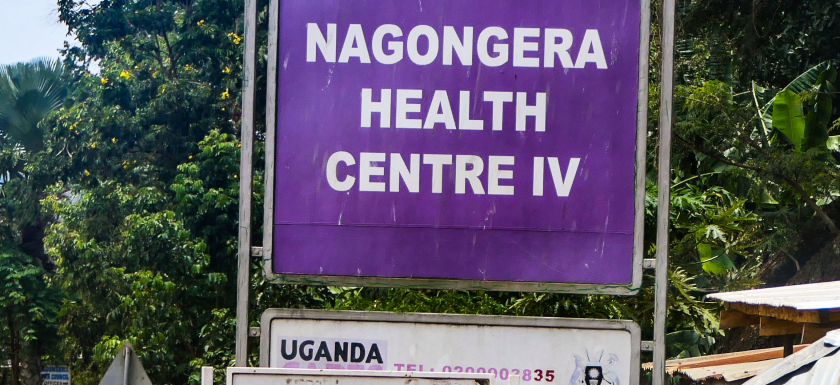
Source: WI-HER, LLC
Copyright: WI-HER, LLC
URL: https://www.researchprotocols.org/2022/4/e32784/
License: Creative Commons Attribution (CC-BY)
Vienna, VA – April 14, 2022 – Despite an immense global effort, the HIV epidemic remains a threat and a leading cause of morbidity and mortality. Strong antiretroviral therapy (ART) continuity can suppress the viral load of HIV to undetectable levels for people living with HIV, but barriers to ART treatment continue to impact HIV epidemic control. For men and children, ART continuity and thus viral load suppression (VLS) are disproportionately low, particularly in sub-Saharan Africa. To address these barriers, in September 2020, WI-HER—through the USAID Social and Behavior Change Activity (SBCA)—implemented the innovative iDARE methodology developed by Dr Taroub Harb Faramand.
This iDARE implementation process is the subject of a protocol recently published in JMIR Protocols, “Improving Viral Load Suppression Among Men and Children Active in Care Through Community-Designed and Led Solutions: Protocol for Retrospective Closed Cohort Study in Eastern Uganda.” The report describes WI-HER’s process of using iDARE to address the root causes of low HIV ART continuity among men and children actively enrolled in care. The iDARE methodology was implemented at the district and community levels in collaboration with the community, health care facilities, District Local Government (DLG), and USAID implementing partners.
Within this context, ART continuity was disproportionately low for men and children, resulting in a gap in achieving VLS and impacting national efforts to reach the 95-95-95 UNAIDS targets for HIV epidemic control. WI-HER focused on addressing gender, youth, and social inclusion (GYSI) gaps to improve poor health outcomes and ART continuity. By using the results-driven and inclusive iDARE methodology, the WI-HER team in Uganda helped district- and facility-level stakeholders develop goals to strengthen ART continuity in an effort to increase VLS coverage. To reach these goals, WI-HER supported health care facility stakeholders and community influencers to identify GYSI gaps and design community-led solutions to address these gaps, using the iDARE methodology as an implementation framework.
As Dr Taroub Harb Faramand, President and Founder of WI-HER, shares, “iDARE has been applied by individuals and communities in over 35 countries to design culturally and contextually appropriate solutions to their own uniquely identified challenges. They have driven and embraced change within themselves and their communities to improve health and well-being for all.”
In the case of WI-HER’s implementation of iDARE through USAID SBCA, locally appropriate interventions addressed root causes of VLS gaps for men and children, and drove sustainable social and behavior change at three health facilities in Eastern Uganda.
In conclusion, the iDARE methodology is hypothesized to demonstrate the necessity of using locally led inclusive quality improvement techniques to address GYSI barriers to care, which is key to ending the HIV epidemic. Results from the protocol implementation are forthcoming.
The protocol article is freely available on the internet at https://www.researchprotocols.org/2022/4/e32784/
Contact Information
Amanda Ottosson
WI-HER Director, Program Implementation
Email: aottosson@wi-her.org
About WI-HER, LLC
WI-HER is a woman-owned small business with ongoing programs in sub-Saharan Africa, Asia and the Pacific, Middle East and North America, Europe and Eastern Europe, and Latin America. With a diverse team of professionals, WI-HER facilitates development solutions that are locally led and driven by the countries, communities, and people with whom we work. Since 2011, WI-HER has supported local partners to design and implement contextually appropriate, creative, and integrated solutions to complex development challenges in 53 countries. WI-HER is an established leader in gender equity, youth, and inclusion (GYSI); monitoring, evaluation, research, and learning (MERL); localization; and capacity development.
Original article
Odom KJ, Ottosson A, Draru J, Komujuni H, Karamagi Nkolo EK, Faramand TH. Improving viral load suppression among men and children active in care through community-designed and led solutions: protocol for retrospective closed cohort study in Eastern Uganda. JMIR Res Protoc. 2022;11(4):e32784 URL: https://www.researchprotocols.org/2022/4/e32784/ doi: 10.2196/32784
URL: https://www.researchprotocols.org/2022/4/e32784/
doi: 10.2196/32784
PMID: 35416790
